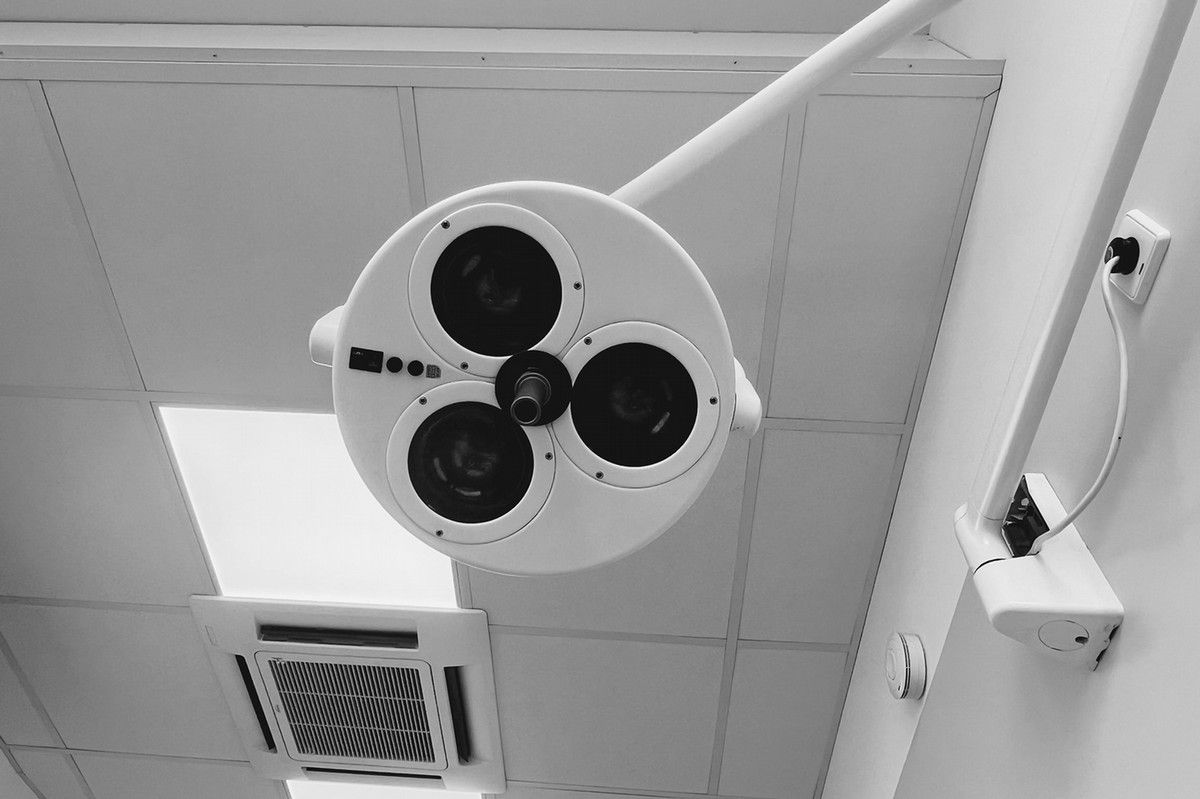D: Today, I'm reporting live from an operating room, where, in a few moments, doctors will be operating on our very own Yael Ksander--
Y: Brrr-- Don, I'm freezing--
D: Yes, Yael is all prepped for surgery, and boy, is she in a bad mood!
Y: Why are operating rooms always so cold?
D: Well, Yael, body temperature increases under stress. When doctors operate--especially in high pressure situations--they tend to get warm and start to sweat. So operating rooms are kept colder than normal so the surgeons and nurses feel comfortable. But an added bonus of the cooler temperature is that cold air also inhibits the spread of bacteria.
Y: Brr! okay, but does it have to be drafty too?
D: It sure does. The ventilation system in operating rooms is set up so that the airflow helps flush germs out of the surgical suite, and this reduces the risk of infection.
Y: Okay.. brrr! but what about me? Don't I count for anything?
D: Your body temperature is important too, because if you get too cold, your blood won't clot properly. So once the medical staff gets here, they'll probably cover you with a heated blanket or give you a heating pad. They might also use a special covering that allows for the circulation of warm air. Plus, they may heat up the IV fluid and the blood used for transfusions since this also impacts body temperature.
Y: Blood transfusion? Hey! What kind of surgery is this?
D: And here comes the surgeon now.
Y: Hey! this was your idea. Why aren't you the one waiting for surgery?
D: Look, Yael, you've stopped shivering. It must be all the pressure.
Y: I think I've been had.










